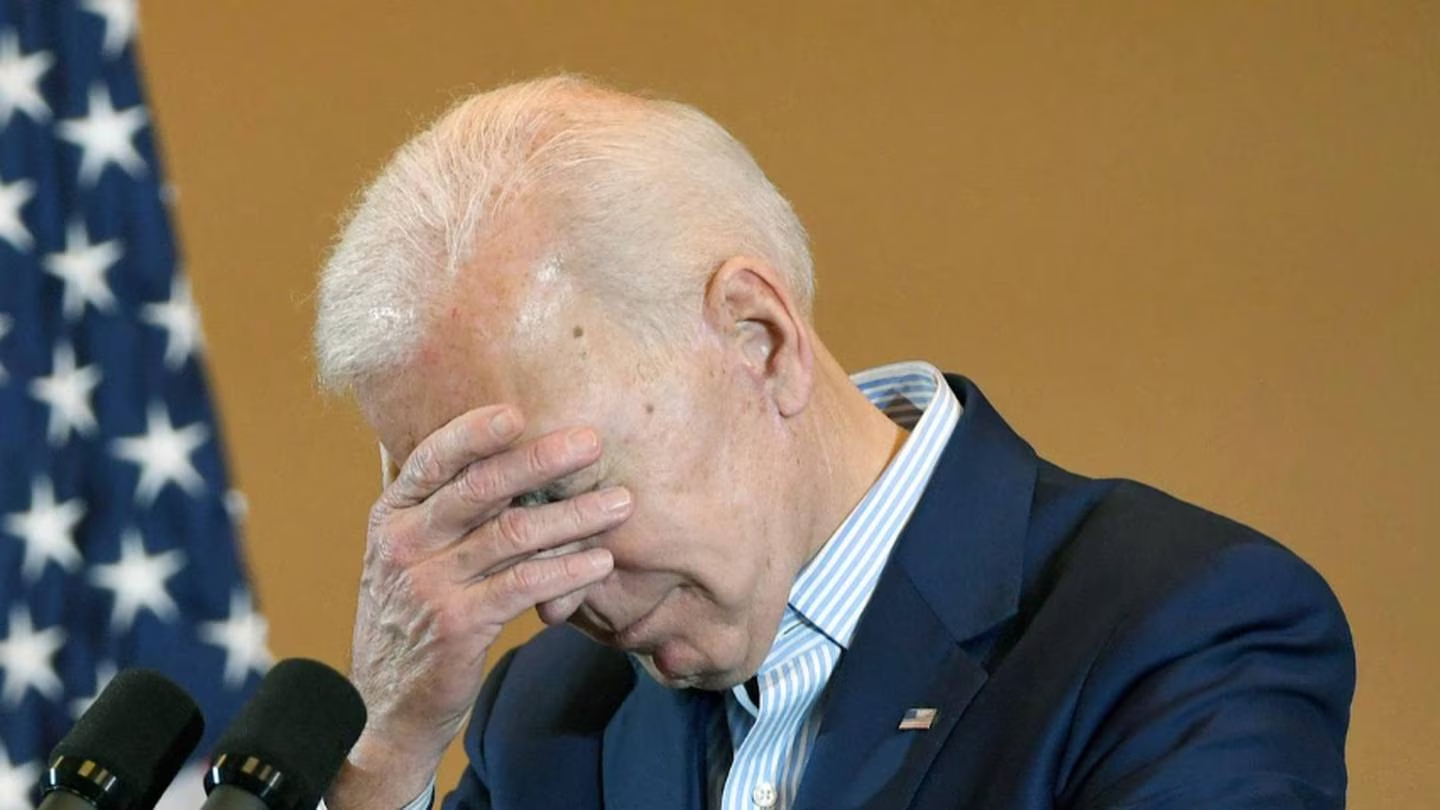The Republican Party’s quest for a new House speaker has taken an unexpected twist, as lesser-known GOP members are thwarting the ambitions of high-profile candidates, demonstrating a shift away from the party’s usual bombast.
Rep. Jim Jordan of Ohio, who aimed to clinch the speakership, faced an unexpected challenge from Rep. Austin Scott of Georgia, a virtually unknown figure in national politics. Scott’s bid, though unpublicized and lacking campaign efforts, managed to secure 81 votes, revealing a growing resistance within the Republican ranks against Jordan’s tactics.
The revolt against Jordan, a staunch ally of former Speaker Kevin McCarthy, represents a departure from the party’s traditional reliance on its most vocal and media-savvy members. Unlike previous rebellions led by well-known figures like Rep. Matt Gaetz of Florida, this insurgency is orchestrated by lawmakers unfamiliar to most Americans.
These dissenting Republicans, including freshman members and committee chairs like Rep. Kay Granger of Texas, have diverse reasons for opposing Jordan. They cite concerns about his confrontational approach and report facing intimidation and threats from his allies, highlighting a more subtle but determined opposition within the party.
Jordan’s struggle to secure support is attributed to his reliance on media-driven pressure tactics, including influential figures like Fox News personality Sean Hannity. However, this strategy backfired when holdouts revealed threatening messages they received, leading to a firm stand against “intimidation and threats.”
In this climate of dissent, even more obscure Republicans like Rep. Jack Bergman of Michigan and Rep. Dan Meuser of Pennsylvania are contemplating entering the speaker race if Jordan fails to garner adequate backing. Bergman’s spokesman, James Hogge, affirmed the congressman’s willingness to step up if Jordan’s bid falters, signaling a broader trend of lesser-known Republicans seeking prominence.
The unexpected uprising of these relatively unknown party members marks a departure from the era of high-profile, media-driven politics that has defined the GOP in recent years. As the party grapples with internal divisions, the outcome of this struggle for speakership remains uncertain, reflecting a significant shift in the dynamics of Republican politics.










